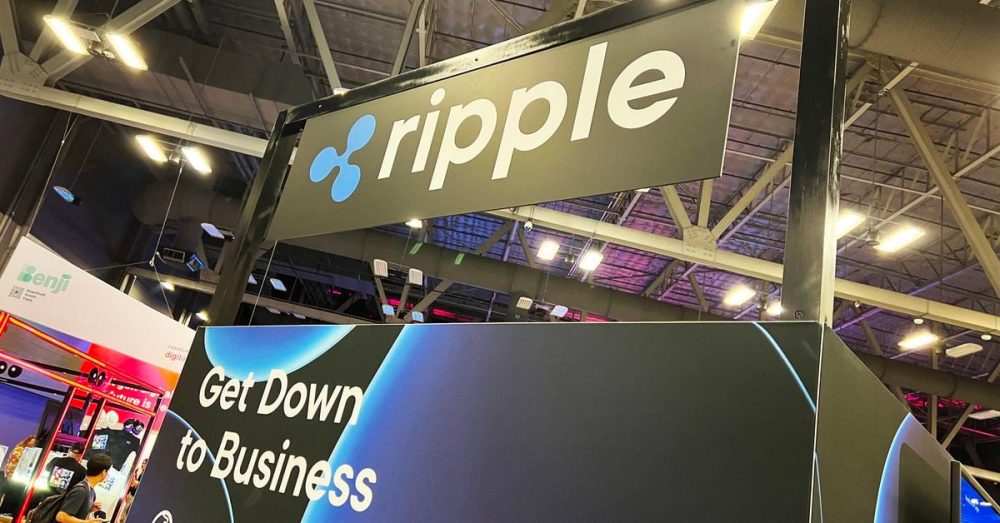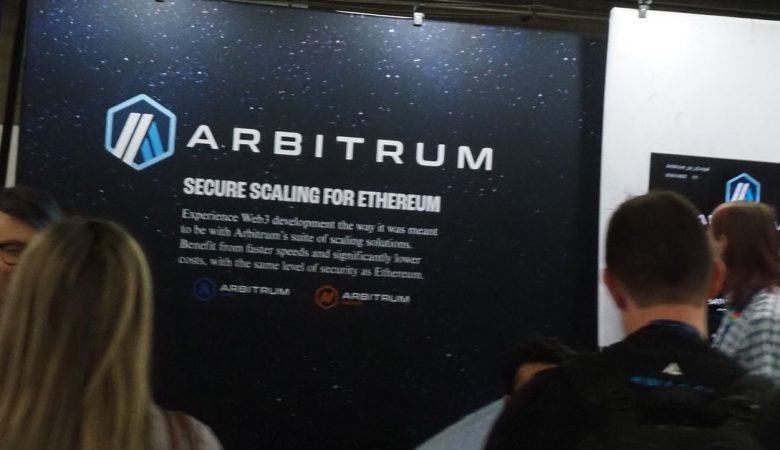News that Metaco, the Swiss digital assets custody firm acquired by Ripple earlier this year, is working with HSBC, one of the world’s largest banks, quickly became a reason to be cheerful for many supporters of the U.S. fintech’s ledger protocol, known collectively as the “XRP army.”
Named after the cryptocurrency designed to move liquidity around the XRP Ledger used by Ripple, these avid fans interpret HSBC’s choice of custody tech partner as yet another sign that financial institutions will inevitably adopt XRPL and, crucially, the XRP token.
The crypto space is ferociously tribal. Token holders want to believe their blockchain of choice will rise to prominence and deliver a windfall – sometimes to a point that defies logic. For instance, the assumption that Ripple’s recent acquisition spurred HSBC’s decision ignores the fact that Metaco had been courting the bank for over 18 months, according to Adrien Treccani, the Swiss custody firm’s CEO.
There is, however, an indirect correlation between Ripple protocols and Metaco’s banking clients, Treccani says.
“There is an indirect link, which is that the adoption of Ripple and Metaco’s solutions further promotes the adoption of the XRPL as a protocol,” Treccani said in an interview. “Every success of Ripple the company is also a success for the XRP Ledger.”
Ripple, for its part, has worked hard at courting banks, with a focus on ways to reduce the friction in areas like cross-border payments. As such, XRPL remains one of the longest-running examples of a private tokenization blockchain, said Treccani.
“XRPL is designed for both public and private use and scales substantially better than competitors on the market like the EVM chains,” he said, referring to the Ethereum Virtual Machine. “It natively supports tokenized assets rather than going through smart contracts, and also allows for on-chain trading with other blockchain-based exchanges or AMMs.” AMMs are automated market makers.
Combining Metaco and Ripple, therefore, offers a complete vertical stack, Treccani said, comprising an infrastructure layer and a services layer.
“We can provide a bank with the infrastructure, and also tokenization life cycle, payments primitives, and liquidity management all from a single vendor – with the proper segregation between that infrastructure and those value-added services,” he said.
This is all well and good, but rumors and reports began to emanate following the acquisition of Metaco that some of its banking customers were nervous and thinking about taking their business elsewhere. The reason perhaps concerns Ripple’s dispute with the U.S. Securities and Exchange Commission (SEC).
Treccani said some of the speculation was “frankly a little bit crazy,” adding that post-acquisition discussions and reassessments by clients are par for the course, and that many of the contracts signed with the banks are subject to change-of-control clauses.
“Yes, there have been such discussions and we have spent recent months clarifying the situation with the banks,” Treccani said. “I think we have been successful. Going forward, you are going to see more tier one bank partnerships that we will soon be announcing in Europe, the U.S., APAC and Africa.”
Like many big banks, HSBC is joining the trend towards tokenization, the process of handling the ownership and transfer of real-world assets on blockchains, which requires some solid digital asset custody tech.
But Treccani makes clear that cryptocurrency and its libertarian mindset is what drives him. He said he believes many banks will want to offer cryptocurrency-related services eventually, and if they build for tokenization now, these institutions will have everything they need for cryptocurrency entry when the time comes.
“If it was just for tokenization, I would not be in this game,” he said.








